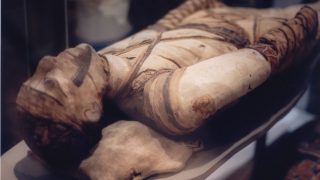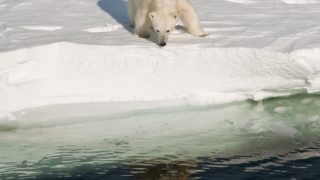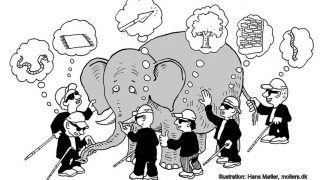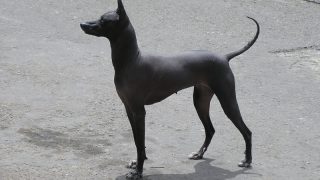
MI weekly selection #36
Humanities & Social Sciences • Science • Technology • Weekly Selection
Current safe sugar levels may not be so safe Female mice fed a diet with 25% added sugars died at twice the normal rate, while males were less likely to reproduce. That amount of sugar is considered a safe level for human consumption. “Added sugar consumed at concentrations currently considered safe exerts dramatic impacts on […]








